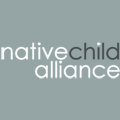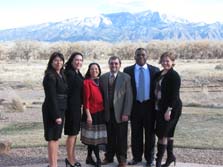Almost two thirds of drivers (63%) don’t know the correct position a headrest should be in to help prevent serious injury in the event of a crash. A similar amount (64%) don’t always check their headrest before setting off on a long journey.
Frightening statistics I am sure you will agree.
These statistics were recently released by Brake, the road safety charity. They do lots of excellent work in order to prevent road accident and deaths in and around the UK.
Alice Bailey, Campaigns and communications officer for Brake, the road safety charity, said:
“As a whiplash victim myself I understand all too well the lasting damage this kind of injury can do. Despite hours of treatment I still suffer with neck pain more than 15 year after I was involved in a crash.
Brake works tirelessly to prevent crashes in the first place urging drivers to make the roads as safe as possible by driving slowly and safely and using other forms of transport wherever possible, but if you are involved in a crash having your headrest set correctly can help minimise the injuries of the driver and passengers.
We would urge all drivers to familiarise themselves with the correct position and check their own and their passengers headrests before each journey. It’s a simple task that takes just a matter of seconds that could help prevent years of pain.”
We would encourage any accident claims companies in the UK to take up sponsorship with Brake as they do such good work in England, Scotland, Wales, and Northern Ireland.
For more information please visit their website on www.brake.org.uk.



 As you should already know, we’re
As you should already know, we’re 
 In the UK there is a road safety charity inititiave called THINK! It’s one of the best initiatives that we’ve ever seen.
In the UK there is a road safety charity inititiave called THINK! It’s one of the best initiatives that we’ve ever seen.
 NACA was formed in April of 1999 and held its first formal meeting on September 26, 1999 in Tulsa, Oklahoma.
NACA was formed in April of 1999 and held its first formal meeting on September 26, 1999 in Tulsa, Oklahoma.